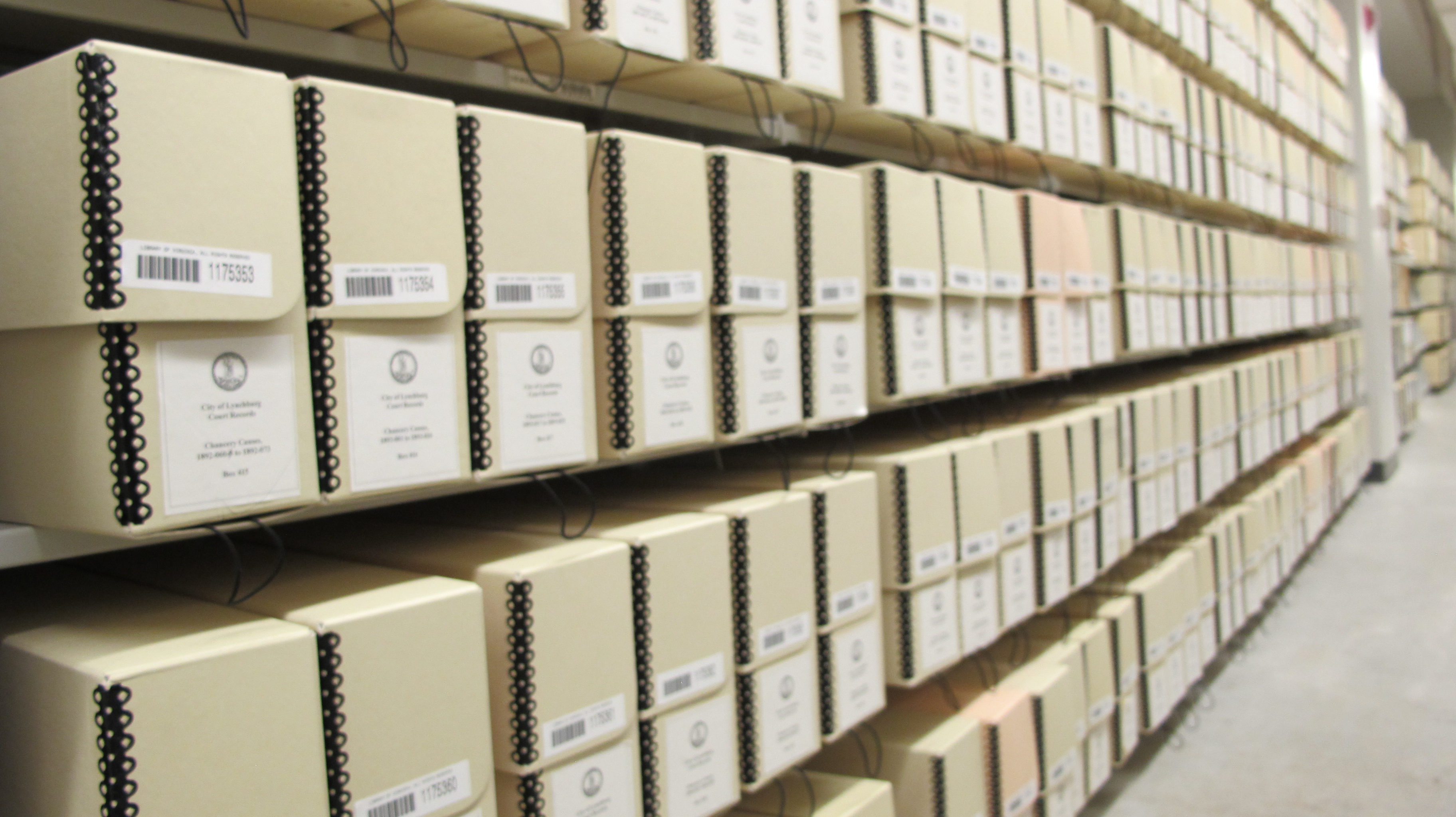On 29 August, the movie Lawless, starring Shia LaBeouf, Gary Oldman, and Jessica Chastain, opens around the country. Based on the bestselling novel The Wettest County in the World by Matt Bondurant, the film tells the story of the infamous Bondurant Brothers – bootlegging siblings who made a run for the American Dream in Prohibition-era Franklin County, Virginia, reputed to be the “Moonshine Capital of the World.” Much of the film’s action centers around moonshiners paying “protection money” to corrupt local authorities to guarantee their loads of moonshine would be safe in the county. The Bondurant brothers refused to cooperate and ended up paying the consequences.
Part fiction, part family history, the movie Lawless tells the story of the Franklin County bootleggers, but what about the automobiles used to run their moonshine? Their stories can be found at the Library of Virginia in the Franklin County Determined Papers and Franklin County Common Law Papers. Automobiles used by bootleggers were seized by law officers when bootleggers were arrested and reported to the local Commonwealth’s Attorney who would file a criminal charge in the name of the Commonwealth against the automobile, e.g., “Commonwealth vs. REO Roadster Automobile.” These documents record the date of seizure, type and make of automobile, license number, engine number, and reason for seizure. The automobile would then be condemned and sold at an auction at the courthouse. Given the extent of bootlegging in Franklin County, the front of the courthouse may have looked like a used car lot at times.
If anyone protested against the condemnation and sale, they would be made a party defendant with the automobile to give a valid reason why it should not take place. The party defendants generally were the credit companies and banks who assisted the alleged bootleggers with financing the purchases of the automobiles. They made it clear in their responses to the court that they were ignorant of the fact that the purchasers intended to use the vehicles for illegal purposes. Therefore, the credit companies and banks asked the court to return the automobiles to them rather than sell them at auction.
The sales contract between the alleged bootlegger and the finance company or car dealer was commonly filed with the party defendant’s petition to the court. It recorded whether the automobile was new or used; year, make, type, and model number or letter; motor number; price of automobile; payment schedule; names and addresses of dealership and purchaser. Based on a sampling of the suits, the alleged bootleggers generally purchased their automobiles outside Franklin County and in some instances outside the Commonwealth.
The Prohibition-era Franklin County Determined Papers and Common Law Papers are unprocessed but available for research in the Local Records Collection at the Library of Virginia. For more information on Prohibition in Virginia, see the Virginia Prohibition Commission Records, 1916-1934, found in the State Records Collection at the Library of Virginia.
-Greg Crawford, Local Records Coordinator














2 Comments